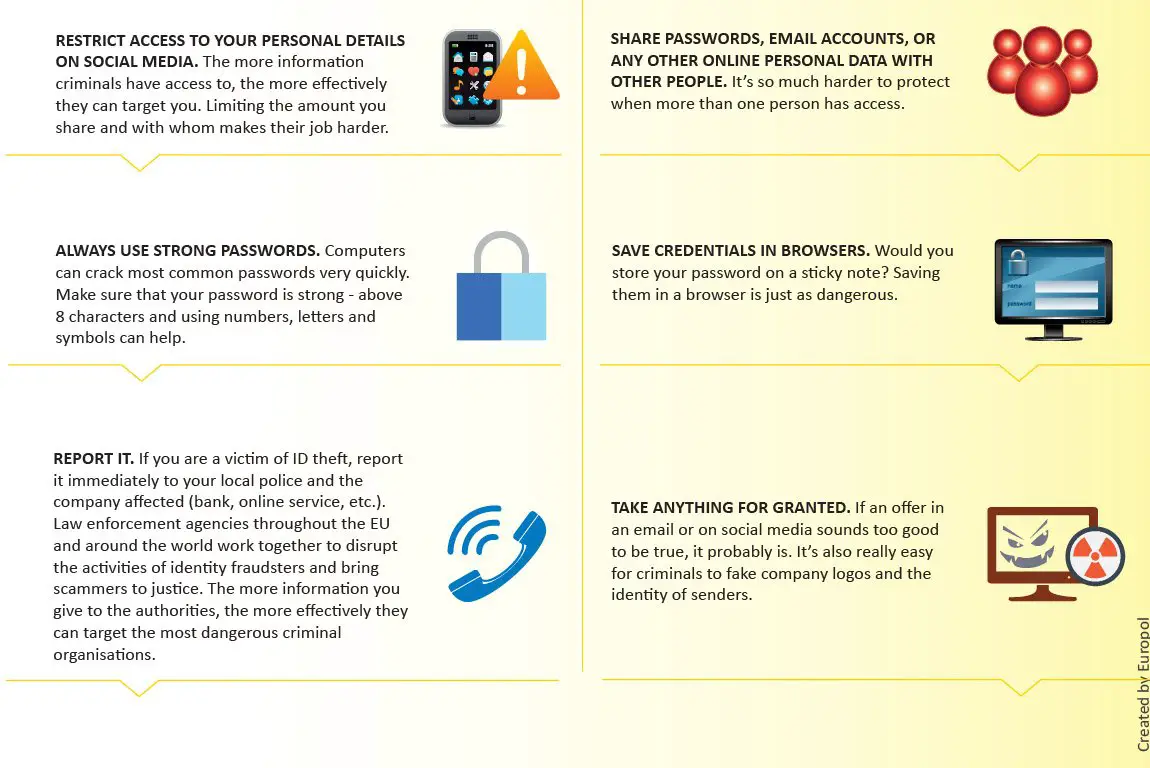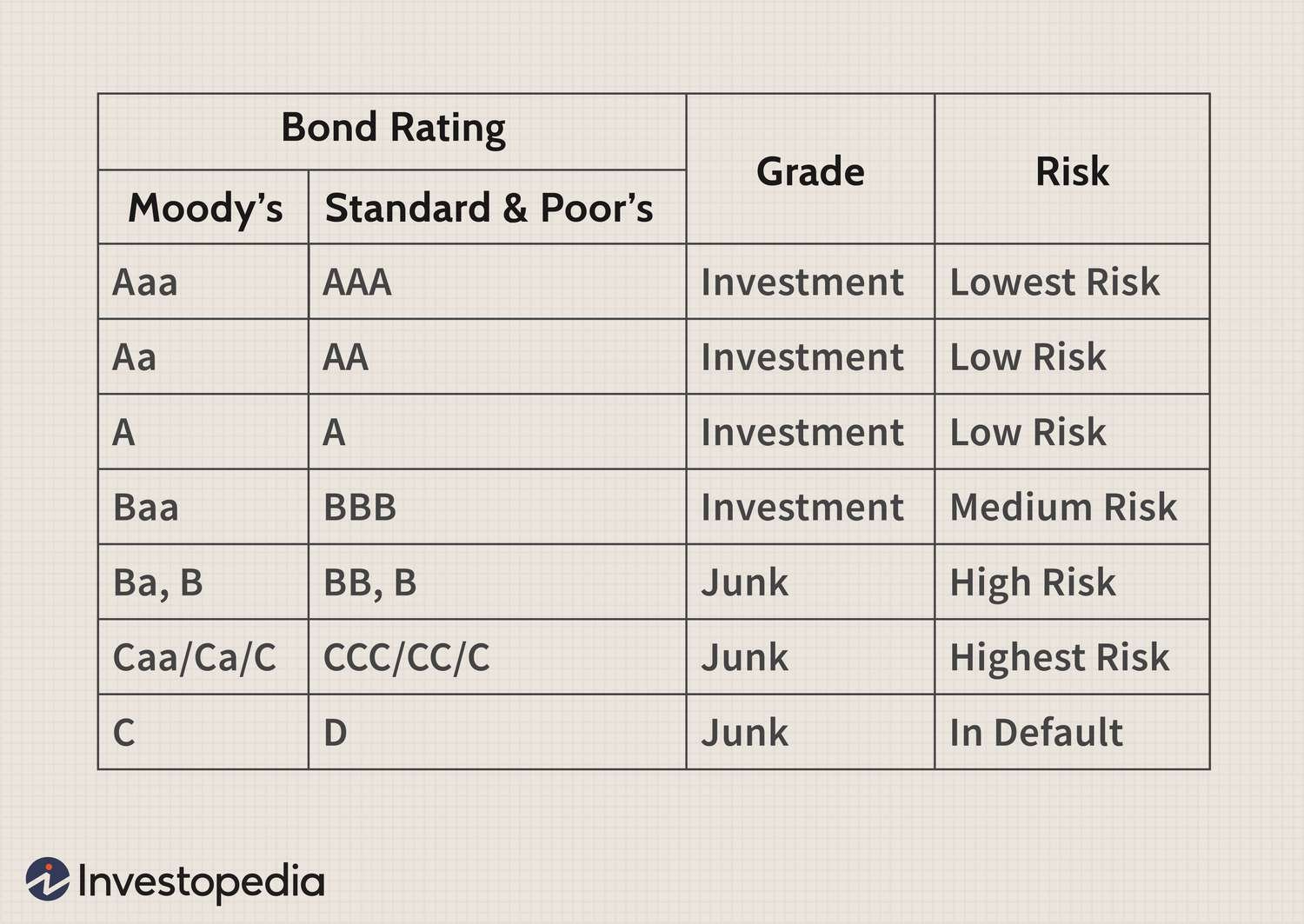Looking to maximize tax deductions for your small business? We’ve got you covered! In this blog article, we’ll share practical tips and strategies that can help small business owners like you save money on taxes. From understanding deductible expenses to taking advantage of tax credits, we’ll guide you through the process of optimizing your deductions, ensuring you keep more of your hard-earned money where it belongs – in your business. So, let’s dive in and explore the world of maximizing tax deductions for small business owners!
Maximizing Tax Deductions for Small Business Owners
Running a small business comes with numerous responsibilities, and one of the crucial aspects for any business owner is managing their tax deductions effectively. By maximizing tax deductions, small business owners can reduce their taxable income, ultimately saving money and improving their bottom line. In this comprehensive guide, we will explore various strategies and tips to help small business owners make the most of their tax deductions.
Understanding Tax Deductions
Tax deductions are expenses that can be subtracted from your business’s total income, reducing the amount of taxable income. By deducting eligible business expenses, you can lower your tax liability and keep more of your hard-earned money. It is important to understand which expenses qualify as deductible and keep accurate records to support your deductions. Let’s dive deeper into some key deductions that small business owners should consider.
Common Tax Deductions for Small Businesses
When it comes to maximizing tax deductions, small business owners should be aware of the following expenses that are often eligible for deductions:
1. Business Expenses
- Office supplies and equipment
- Rent or lease payments for office space or equipment
- Utilities, such as electricity and internet
- Insurance premiums for business-related coverage
- Business-related travel expenses
- Professional fees, such as legal or accounting services
2. Employee Expenses
- Salaries, wages, and benefits for employees
- Employee training and development expenses
- Employee benefits, such as health insurance and retirement plans
- Payroll taxes
3. Advertising and Marketing
- Costs associated with advertising and promoting your business
- Website development and maintenance expenses
- SEO services and online marketing campaigns
4. Home Office Deduction
If you run your small business from home, you may be eligible for a home office deduction. This deduction allows you to deduct a portion of your housing expenses based on the square footage of your home used exclusively for business purposes. It includes expenses like rent, mortgage interest, property taxes, utilities, and insurance. To qualify, your home office must be your principal place of business and used regularly and exclusively for business.
Tax Tips for Maximizing Deductions
While understanding the different deductions available to small business owners is essential, effectively maximizing those deductions requires careful planning and organization. Here are some valuable tips to help you maximize tax deductions for your small business:
1. Keep Detailed Records
Maintaining accurate and detailed records of all business expenses is crucial. Save receipts, invoices, and any other relevant documents that support your deductions. Depending on the expense, you may need to keep records for several years. Utilize accounting software or apps to streamline record-keeping and simplify the process.
2. Separate Personal and Business Expenses
To avoid mixing personal and business expenses, it is recommended to have separate bank accounts and credit cards for your business. This separation makes it easier to track and substantiate business expenses during tax time.
3. Leverage Technology
Take advantage of technology to simplify and automate your tax-related tasks. Use accounting software to track income, expenses, and invoices, and explore tax software or online platforms that can assist in preparing and filing your tax returns accurately.
4. Consider Hiring a Professional
While it’s possible to handle your business taxes on your own, hiring a professional tax accountant or CPA can provide valuable expertise and save you time and potential errors. A tax professional can help identify deductions you may have overlooked and ensure compliance with tax laws and regulations.
5. Stay Updated on Tax Legislation
Tax laws and regulations change over time, so it’s essential to stay informed about any updates or changes that may impact your business. Following reputable tax resources and consulting with a tax professional can ensure you remain compliant and take advantage of all available deductions.
6. Take Advantage of Section 179 Deduction
The Section 179 deduction allows small businesses to deduct the full cost of qualifying equipment and assets purchased or financed during the tax year, rather than depreciating them over time. This deduction can be particularly beneficial for businesses that require significant investments in equipment or machinery.
7. Consider Hiring Family Members
If you have family members who can contribute to your business, consider hiring them. Hiring family members can provide tax benefits, as their salaries are considered tax-deductible expenses for your business.
8. Research Industry-Specific Deductions
Different industries may have specific deductions or tax credits available. Research industry-specific tax breaks, credits, or deductions that your small business may qualify for. This research can help you identify additional deductions that can significantly reduce your tax liability.
Tax Planning for Future Deductions
Maximizing tax deductions requires not only effective record-keeping and strategy but also proactive tax planning. Here are some tips to help you plan for future deductions:
1. Plan Major Purchases
If you are considering making significant purchases for your business, such as equipment or vehicles, plan them strategically. By understanding the tax implications and timing your purchases to align with tax years, you can maximize deductions and reduce your taxable income.
2. Explore Retirement Plans
Contributing to a retirement plan, such as a Simplified Employee Pension Individual Retirement Account (SEP IRA) or a solo 401(k), can generate tax deductions while helping you save for the future. Consult with a financial advisor to determine the best retirement plan option for your business.
3. Contribute to Health Savings Accounts (HSAs)
If you qualify for a high-deductible health plan, consider contributing to a Health Savings Account (HSA). Contributions to HSAs are tax-deductible, and withdrawals for eligible medical expenses are tax-free. This allows you to save on taxes while managing healthcare costs.
4. Consider Incorporating Your Business
Depending on your business structure and circumstances, incorporating your business may provide additional tax benefits and deductions. Consult with an attorney or tax professional to understand the potential advantages and implications of incorporating your business.
5. Consult with a Tax Professional
Tax planning is a complex process, and seeking professional advice is always a wise choice. A tax professional can help you identify opportunities, navigate the ever-changing tax landscape, and develop a personalized tax strategy tailored to your small business.
In conclusion, maximizing tax deductions for small business owners requires a proactive approach, thorough record-keeping, and staying informed about available deductions and tax legislation. By understanding the common deductions, implementing best practices, and planning strategically, small business owners can minimize their tax liability and keep more of their hard-earned money.
Remember, always consult with a tax professional or accountant to ensure compliance with tax laws and to develop a comprehensive tax strategy that suits your specific business needs. With careful planning and attention to detail, small business owners can optimize their tax deductions and create a more financially stable future.
15 Biggest Tax Write Offs for Small Businesses! [Best Tax Deductions 2023]
Frequently Asked Questions
Frequently Asked Questions (FAQs)
How can small business owners maximize tax deductions?
By taking advantage of various tax deductions available for small business owners, they can reduce their taxable income and potentially save money. Here are a few strategies:
1. What expenses can small business owners deduct?
Small business owners can deduct a range of expenses, including business-related travel, office supplies, equipment purchases, advertising costs, and employee wages. It is important to keep accurate records and consult with a tax professional to ensure proper deductions.
2. Can business owners deduct home office expenses?
Yes, small business owners who use a portion of their home exclusively for business purposes may be eligible to deduct home office expenses. This includes a portion of rent or mortgage payments, utilities, and maintenance costs. However, there are specific requirements that must be met for this deduction.
3. Are business meals and entertainment expenses deductible?
Yes, business-related meals and entertainment expenses can be deducted, but there are limitations and conditions. Generally, only 50% of these expenses are deductible, and there must be a clear business purpose. Adequate documentation, such as receipts and records of attendees, is necessary for proper deduction.
4. Can small business owners deduct vehicle expenses?
Small business owners can deduct vehicle expenses related to business use, such as fuel, maintenance, and insurance costs. However, it is important to keep detailed records of mileage and distinguish between personal and business use. The IRS offers both the standard mileage rate and the actual expense method for calculating deductions.
5. What are some overlooked tax deductions for small business owners?
Some commonly overlooked tax deductions for small business owners include professional fees (e.g., legal or accounting services), business insurance premiums, bank and credit card fees, and education or training expenses related to improving business skills. These deductions can help reduce taxable income.
6. Is there a limit to the amount of deductions a small business owner can claim?
There can be limitations on certain deductions for small business owners. For example, the Section 179 deduction for equipment purchases has an annual limit. Additionally, deductions cannot exceed the total income generated by the business. Consulting with a tax professional can help determine applicable limits.
7. Can small business owners deduct health insurance premiums?
Yes, small business owners who provide health insurance coverage for themselves and their employees may be eligible to deduct health insurance premiums. However, specific criteria must be met, such as offering coverage to all full-time employees and not being eligible for certain other health coverage.
8. Should small business owners keep track of estimated taxes?
Yes, small business owners should keep track of their income throughout the year and make estimated tax payments to avoid penalties. Estimated taxes are typically paid quarterly and are based on the business’s expected annual taxable income. It is advisable to work with a tax professional to ensure accurate estimation.
Final Thoughts
Maximizing tax deductions for small business owners is crucial for minimizing tax liabilities and maximizing profits. To achieve this, small business owners should keep detailed records of all business expenses, ensuring that they comply with tax regulations. By understanding the various deductible expenses, such as office supplies, travel expenses, and advertising costs, business owners can effectively reduce their taxable income. It is also essential to take advantage of available tax credits, such as the Research and Development Tax Credit or the Small Business Health Care Tax Credit. Additionally, seeking professional advice from a qualified tax accountant can provide valuable insights and strategies to further optimize deductions. By prioritizing tax deductions, small business owners can enhance their financial stability and growth potential.



